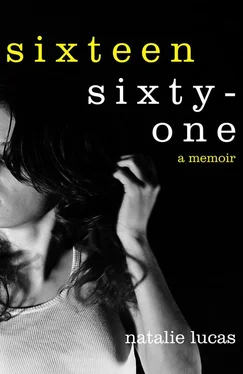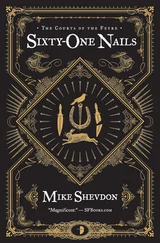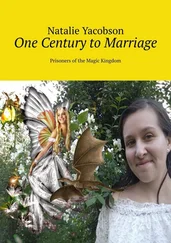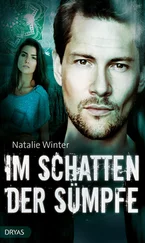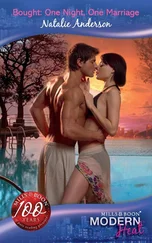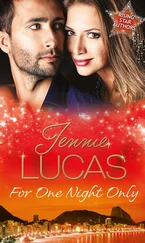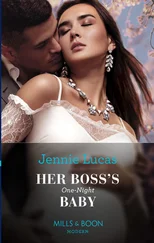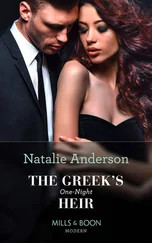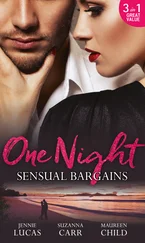1 ...6 7 8 10 11 12 ...16 I didn’t bleed and I didn’t cry. I didn’t even see his thing. Matthew approached it technically, disappearing into the bathroom and returning in his shirt and underpants, smelling like talcum powder, before undressing me and laying me on the duvet. Next, he rifled through his briefcase and pulled out a bottle of Johnson’s Baby Oil, placed it neatly on the bedside table. Then, climbing delicately onto the bed, he fixed his eyes on mine.
‘Do you love me?’ His demanding tone surprised me and I nodded meekly, letting only a nervous breath escape my lips.
‘Yes, I can see the love-light in your eyes.’
And in a few minutes it was over. Matthew offered me a box of tissues to clean the stickiness from between my thighs and pulled his trousers back on.
After I returned from the bathroom, we lay on top of the duvet for a while, me naked, him clothed. I wanted to appear mature, but my head was reeling with excitement and disappointment: Was that it? Is that what everyone whispers about in school? Am I different now? Will they be able to tell? Will my mother know? Will I remember this as special? Matthew withdrew his arm from around my stomach and walked to the dressing table to fetch his cigars. I pulled my knees up to my chest and hugged myself.
‘What are you doing?’ He turned back in amusement and horror.
‘Nothing. Just thinking.’
‘That’s what women do to get pregnant you know – lie back like that. You’re not trying to trap me, are you?’
‘What? No!’ I blushed and sat up straight, embarrassed that I’d let my ignorance show.
‘I was just thinking about Meursault,’ I said, defaulting to literature as a safe topic where we might speak as equals and forget the mundane realities of his grey hair and my smooth skin.
‘Hmm?’
‘He’s the hero of existentialism, the man who refused to play the game, let alone abide by the rules, and he highlights all that’s wrong with the world – all that makes this an impossible place for poets and Uncles to live in – but do you think he ever experienced love? Isn’t half the point of the novel that he doesn’t feel any passions, doesn’t understand the motivations of those around him or why laws must dictate x and y? He’s basically just an ordinary man: neither an Uncle nor a sheep. He sticks his head above the parapet, but not for any of the reasons that writers and lovers and you and I do.’
‘True. But he’s just a character. The point is that Camus was feeling all those things and rebelling through his creation.’ Matthew sat back against the headboard, a slight smile curling his lips.
‘But Camus didn’t actually challenge the law and expectations; he didn’t kill anyone and face punishment but not even experience it as punishment. For most of his life, he played society’s games and persona’d like the rest of us.’
‘So, you wanted him to martyr himself for a world that wouldn’t care?’
‘No, but it’s just, who should we celebrate? Camus or Meursault? Camus’s creation of Meursault almost serves to highlight how thoroughly trapped he himself was by the bullshit of the world.’
‘Hence why we have to Bunbury,’ he winked at me, exhaling a cloud of smoky air.
‘But, I want to know if any Uncles ever find the ideal, ever manage to live fully. That has to be the ideal, right? Otherwise what’s the point? Why would we continue? We should all wander into rivers with stones in our pockets or stick our heads in ovens. Because a little bit of poetry is not enough. This escape, being here, being with you is my reality and the rest is just gross, you know that? It makes me cry at night. And if I thought it was going to always be like this, I don’t know what I’d do. Sometimes I think I’d rather die on a happy note – that’s when I’d consider suicide, after the most ecstatic moment of my life, because the thought of falling after being so high would be totally unbearable.’
Matthew smiled at me and I knew I’d redeemed myself. We were no longer in a plush hotel room with a Bible in the drawer and a disapproving receptionist downstairs; we didn’t have to leave in a couple of hours and drive back home to face parents and wives, neighbours and peers; instead we were sitting on a cloud with Virginia Woolf and Edgar Allan Poe, sipping tea with Simone de Beauvoir and Marcel Proust. And on this cloud, Matthew’s leathery lips tasted like March daffodils as they pressed to my own. My skin buzzed as he folded me back into his arms, whispering into my neck about Helen of Troy.
We left Swindon around five, me sneaking past reception to the car while Matthew dawdled to tell the concierge he’d received a phone call requesting his immediate return, so alas would not be staying and would not require breakfast in the morning. He drove in silence and as we neared home I ducked my head between my knees in case the passing headlights of a neighbour or relative’s vehicle happened to illuminate our incongruous faces. He dropped me off at the other end of town and I changed back into my Nikes to plod home, past the Post Office, grocer’s and butcher’s, preparing my lies and not-quite-lies in my head.
‘Yes, Mum, Claire and I had a great time.’ Claire most probably enjoyed her day off too and I didn’t say we had a great time together , so we’ll call this true.
‘We went to this cool little café and had cream teas.’ True. It was called the Scribbling Horse and the woman gave us extra cream.
‘ The Road to Eldorado is okay, it’s a bit childish, though.’ You don’t have to see the film to know this and, as my mother refuses to watch animations, it seems unlikely I’ll be quizzed about plot and character development. Therefore, true, plus extra points for successful Bunbury.
‘Hastings was really crowded.’ Also most likely true … I just wasn’t there.
‘No, I didn’t buy anything, but we did look in some book shops.’ True. Matthew bought a Collected Letters of Virginia Woolf and I fingered a first edition Oscar Wilde, but shopping wasn’t our main priority.
‘The bus was a little late.’ Okay, this one’s a lie, but unavoidable. Five truths and one lie – not bad.
A few hours later, my mum, my brother and I banged our gate and walked the 300 yards to number fourteen. Lydia answered and led us into the sitting room. Annabelle was already sprawled on the floor with her work-friend Lucy, inspecting hand-made jewellery. Lydia’s sister, Hannah, was fussing over a teapot by the bay window, and their frail but sharp-eyed mother, Valerie, was characteristically bent double beside a bookshelf, hunting for a specific volume of her 1948 edition of The Encyclopaedia Britannica. These were my mother’s friends: people who had been kind to me since I was in single digits; honorary aunts and uncles who cared for my brother and me like children of a collective. Occasionally I felt a pang of guilty tenderness towards this extended family, but mostly over the past few months I’d begun to see them through Matthew’s cruel cynicism, noting their individual quirks and scorning their refusal to stick their heads above the parapet.
‘I’m so glad you could come on short notice,’ Hannah gushed in over-the-top hostess mode. ‘Lucy’s showing us her gems. Isn’t she good? I’m thinking of taking a course.’
My mum had said we’d been invited to look at jewellery; a kind of Tupperware party with beads I supposed. I’d fancied a cup of tea and James had been bribed with biscuits. I shuffled into the room after my brother and noticed Matthew on the end of the couch, a book in his lap. He made eye contact and I turned away, willing my cheeks not to burn.
My eyes landed on Annabelle’s patterned skirt. She’d coupled it with an embroidered shirt and looked sumptuously hippyish. In contrast, Hannah wore tight black jeans, ankle-boots and an oversized jumper that made less than subtle allusions to the 1980s, a period in fashion that had not yet returned to the likes of Topshop and H&M.
Читать дальше
